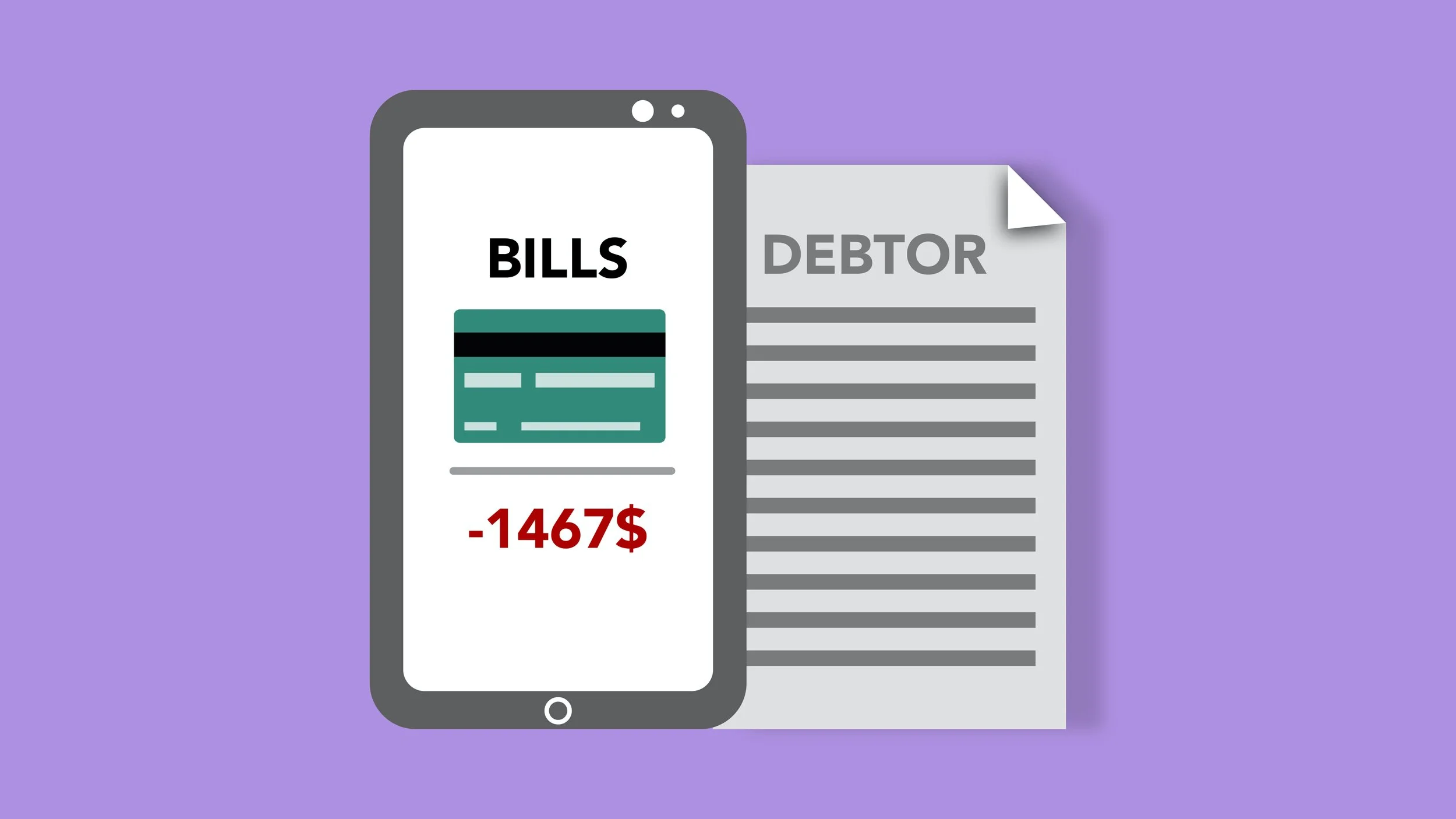Household Budgeting 101
Household Budgeting 101
What do you think of when you hear the word budget? Do you groan? Do you get a bad feeling in the pit of your stomach? A budget is simply a plan or guide for your money. You get to decide and prioritize where your money goes. You are in control of your money.
Steps to get in control of your money
1. Write it down. Yes, you read that right. You need to write it down so that you can see where your money goes. Take a piece of paper and write down everything you spend money on every week. When you stop at the coffee shop, write it down. Stopped for gas and got a pack of gum? Write both down. You will only achieve financial freedom if you know where your money is being spent. Click here for a Daily/Weekly Expenditure List template.
2. Start with your income. (List all incoming money: your income, your spouse, side jobs, alimony.) If your income fluctuates, try your best to estimate it. I used to work in sales and I was paid a base salary (almost nothing) and then I would get a commission check once a month. So, I would have to plan on paying my bills when I received my commission check. I like using the Personal Budget template from Microsoft documents. Click here for a Budget Spreadsheet Example template.
3. Gather your expenses. Get all your bills together: rent/mortgage, utilities, groceries, car payments, loan payments, insurances, etc. Don’t forget to include doctor visit co-pays, medication, oil changes, gas, etc. Click here to see a list of Budget Category List.
4. Spend your money on paper. Go back to your total income and identify the first thing you need to spend money on…rent/mortgage, utilities, etc.
5. Plan how you will spend each paycheck. Do you get paid weekly, biweekly or once a month? Go back and see how much money can go to each of your bills on pay day.
What happens if your expenses are more than your income?
Only two things to do. Either reduce your expenses or bring in more money.
1. Reduce Expenses: Look at your variable expenses from your budget and look for ways to cut costs. Be realistic. Do you really need cable right now? Do you need to stop for that fancy coffee every morning? The total sum of your expenses cannot exceed the income you have coming in. Review every single expense to see where you can eliminate or reduce ones that aren’t absolutely necessary. You’re probably going to have to downsize your lifestyle for a while. Find ways to save on the expenses that are essential. (One of the reasons why I’m writing this blog.)
Can you cut down on food costs? Focus on purchasing staples that last like beans, rice and potatoes. Buy meat only when on sale. Pay attention to eating out and limit it to special occasions only.
Get rid of cable and look into Netflix or Hulu to save a huge amount of money each month. Shop around for better deals. Look into joint plans with your family and get rid of high data charges by lowering your data usage. If your family still has a phone land line and you have a cell phone, get rid of the land line to save money.
2. Bring in additional income: Most time people say get another job. A second job would help provide the much needed income, but it could hinder your family dynamics. Would you need to get a babysitter? Spending more on that than what you’d actually make from the second job is not a smart move.
Keep your eyes open for new opportunities to make some extra money. There are lots of ways to earn extra money without getting a second job. You just need to be resourceful. Here are a few ways to earn extra income:
Sell your stuff. We all have things around the house that we don’t use or need anymore. Go ahead and grab a couple of those items. Search on Craigslist or E-bay to see what that item is selling for. Do the research, take pictures of your items and place them for sale.
Look for more opportunities at your current job. Are there openings for a better opportunity? Can you work overtime? Have you asked for a raise?
Turn a hobby into cash. Do you like to garden? Grow extra vegetables and sell them to family members and neighbors. Do you paint? Offer to paint someone’s room or sell your artwork.
Look around you and seize opportunities that are in front of you.
Budgeting takes time. Write down your expenses daily. Review your budget weekly. Make sure that you’re on track with your spending. At the end of every month you need to “close” it out. If you had any unforeseen expenditures, you will need to see where you can cut your expenses even more. If you have money left over, either pay down your debt or put in savings.
Good luck. I know that you can do it. Remember, Saving Money IS Making Money!



